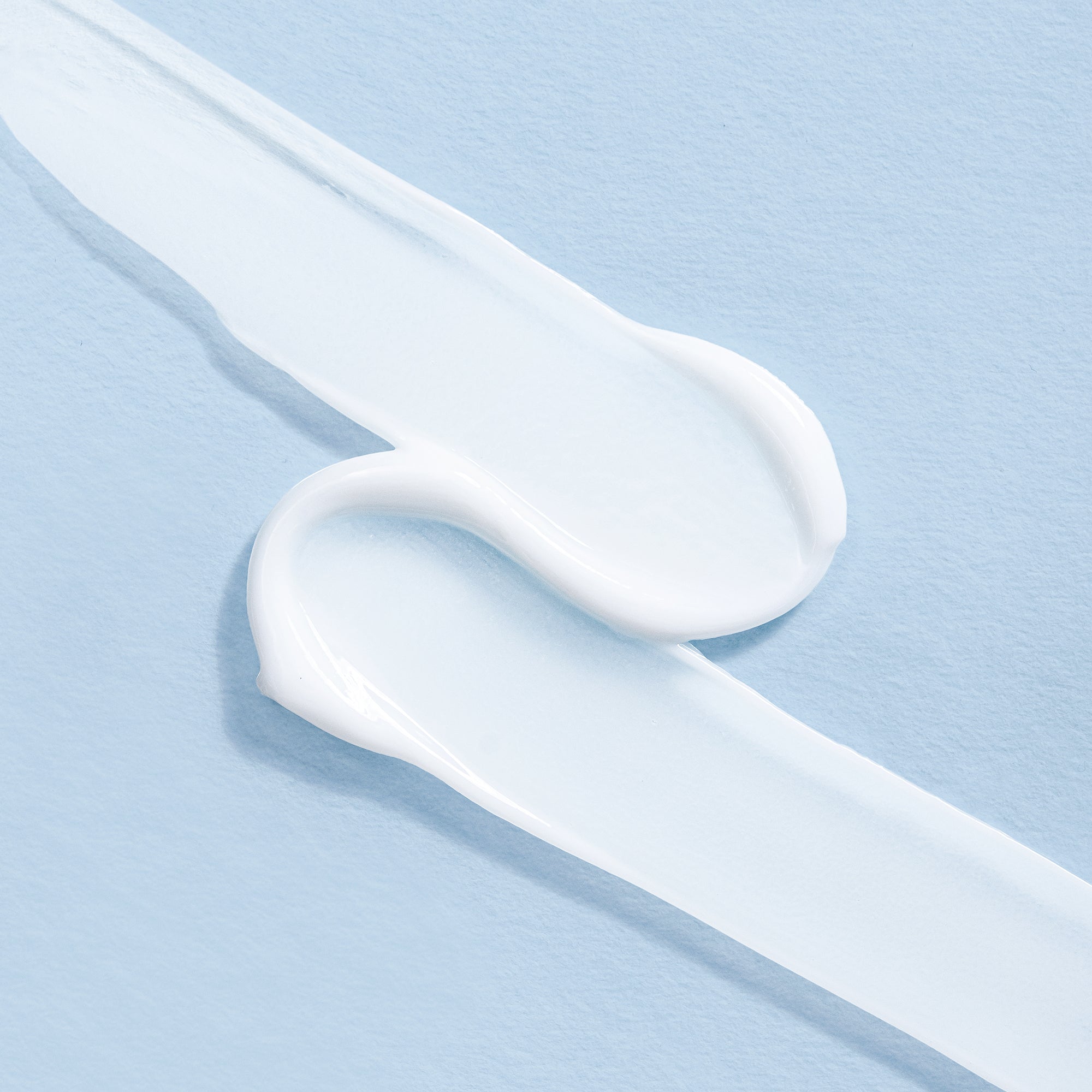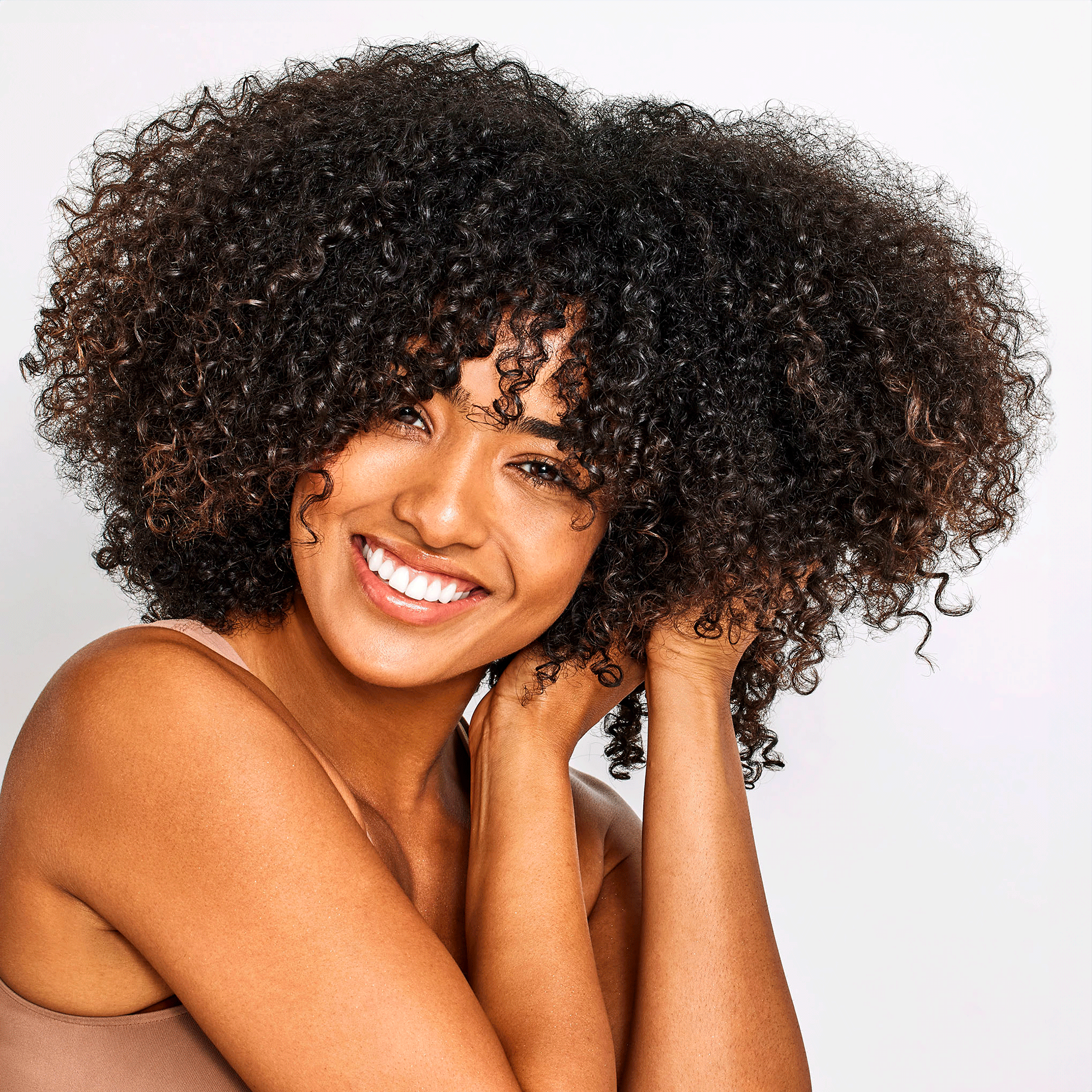All About Itchy Summer Scalps with Celebrity Dermatologist, Ava Shamban, M.D.
Why does warmer weather affect the scalp?
In warm weather, the oil and eccrine glands in the scalp work overtime, to add oil to the dry cuticle of the hair and to cool off through evaporation. In addition, there is increased cell turnover. All of these events create a perfect storm of a food source for the native microorganisms that live there to overgrow and cause itching.
If you have an underlying scalp condition such as seborrheic dermatitis or psoriasis, the heat exacerbates these conditions by the above mechanisms.
Try as we might to try to exist in a beautiful clean world, in fact, we are in a certain way hostages to our microbiome, and need to keep it in balance. One of the ways that we can help is by cleaning it carefully.

How do sweat and increased humidity affect the scalp?
Sweat is your body’s natural air conditioning, and it’s harder for sweat to evaporate and cool you down when there’s a lot of moisture in the air. Thus, high humidity makes you – and your scalp – sweat even more.
The mix of higher temperatures and all that moisture boosts oil production. The oil mixes with dead skin cells to clog pores and cause inflammation. All of that allows bacteria and fungi to flourish. Beyond greasiness, it can also lead to breakouts, inflammation, flaking or exacerbate eczema and other skin disorders. It’s a domino effect.
The mix of sweat, dead cells and sebum weakens the scalp barrier, so itchiness, flaking and inflammation can all take hold. When the microorganisms that live on your scalp multiply at a rapid rate to digest all the extra dead skin cells lying around, that’s what causes the itch.
Are there ingredients people should look for in hair/scalp products to soothe an itchy scalp?
Zinc is clinically proven to be antimicrobial and antifungal. Coal tar works as a mild toxin to slow down cell turnover, so the microorganisms on your scalp have less to eat and you can restore some order and balance. Calendula and Chamomile are both anti-inflammatory. Aloe vera is soothing, calming and nurturing. Tea Tree Oil has antimicrobial, antiseptic and antibacterial properties. Sage and Juniper are both antibacterial and antiseptic. Ketoconozole is a clinically proven antifungal agent. Peppermint is soothing and can short out the itch. There’s no single miracle molecule, but by combining these ingredients in the right proportions, you can create the optimal solution for a troubled scalp.

What are common mistakes people make when trying to address an itchy scalp?
They’re getting quick relief that doesn’t last, or they don’t know what to do and are paralyzed or in despair. Peppermint Avocado Shampoo is a great first step. Formulated with a generous dose of Peppermint, it helps clear away sebum, sweat and debris and works like a local anesthetic to help detoxify the scalp and ease itching. I recommend immediately following with a medicated shampoo like Anti-Flake Relief Shampoo (or, for less severe itching, Anti-Flake Lite). The Peppermint in the shampoo will clean up your scalp, but to treat the underlying cause of itching, you need the medicated step.
Shampooing is extremely important to do for all of the reasons listed above.
Why is the scalp so important for hair health?
Great hair comes from a greater scalp. Bring it into balance and you’ll have a better chance of healthy hair growth cycles and longer growth phases.
Balancing shampoos are ideal for keeping your scalp feeling fresh and comfortable during the warmer months.
- Santa Fe Hair + Body Shampoo is powered by Chlorophyll (a naturally oxygenated molecule), plus Shea Butter to soothe, normalize and detoxify.
- Anti-Flake Shampoo contains Coal Tar and Zinc, as well as all the plant concentrates you could need to clean your scalp and help reduce inflammation and normalize cell turnover.
- Anti-Flake Lite is designed for less severe itching and flaking, and is made with a targeted mix of botanicals, dosed at active levels to keep your scalp feeling clean and serene.
- Rejuvenating Oil is great for dismantling dead cells and solubilizing the heavier, waxier oils on your scalp, so you can get a deeper clean. Apply it to dry, unwashed hair and scalp and massage it in, heating the oil with a blow-dryer to help it sink in. After 20 minutes, lather up with Peppermint Avocado Shampoo; rinse; and then follow with Anti-Flake Shampoo or Anti-Flake Light. Leave each shampoo on your head for at least 2 minutes to let the ingredients work their magic. Indulge and enjoy!

About
Dr. Ava Shamban is a board-certified dermatologist who believes that appearance and self-esteem are one in the same. She dedicates herself to helping patients worldwide heal their skin to live happier lives. A California native, Dr. Ava graduated magna cum laude from Harvard University and earned her medical degree from Case Western Reserve University School of Medicine. She is currently a member of the ASDS, the AAD and serves on the editorial board for The Journal of Clinical and Aesthetic Dermatology. In addition to her practices in Santa Monica and Beverly Hills, Dr. Ava was also an Assistant Clinical Professor of Dermatology at the UCLA-Geffen School of Medicine. She lectures internationally and serves as a principal investigator on many clinical and FDA trials. She is the author of Heal Your Skin: The Breakthrough Plan for Renewal (Wiley, 2011), makes regular television appearances on CBS’s The Doctors and ABC’s Extreme Makeover, and is a frequently quoted health and beauty expert in magazines all over the world.





1 comment
Why can’t I buy anti flake shampoo anywhere. I have used this ( the one with poly tar) for 20 years – nothing else works. This is a great product – why is it not available
Aileen Brown
Leave a comment
This site is protected by hCaptcha and the hCaptcha Privacy Policy and Terms of Service apply.